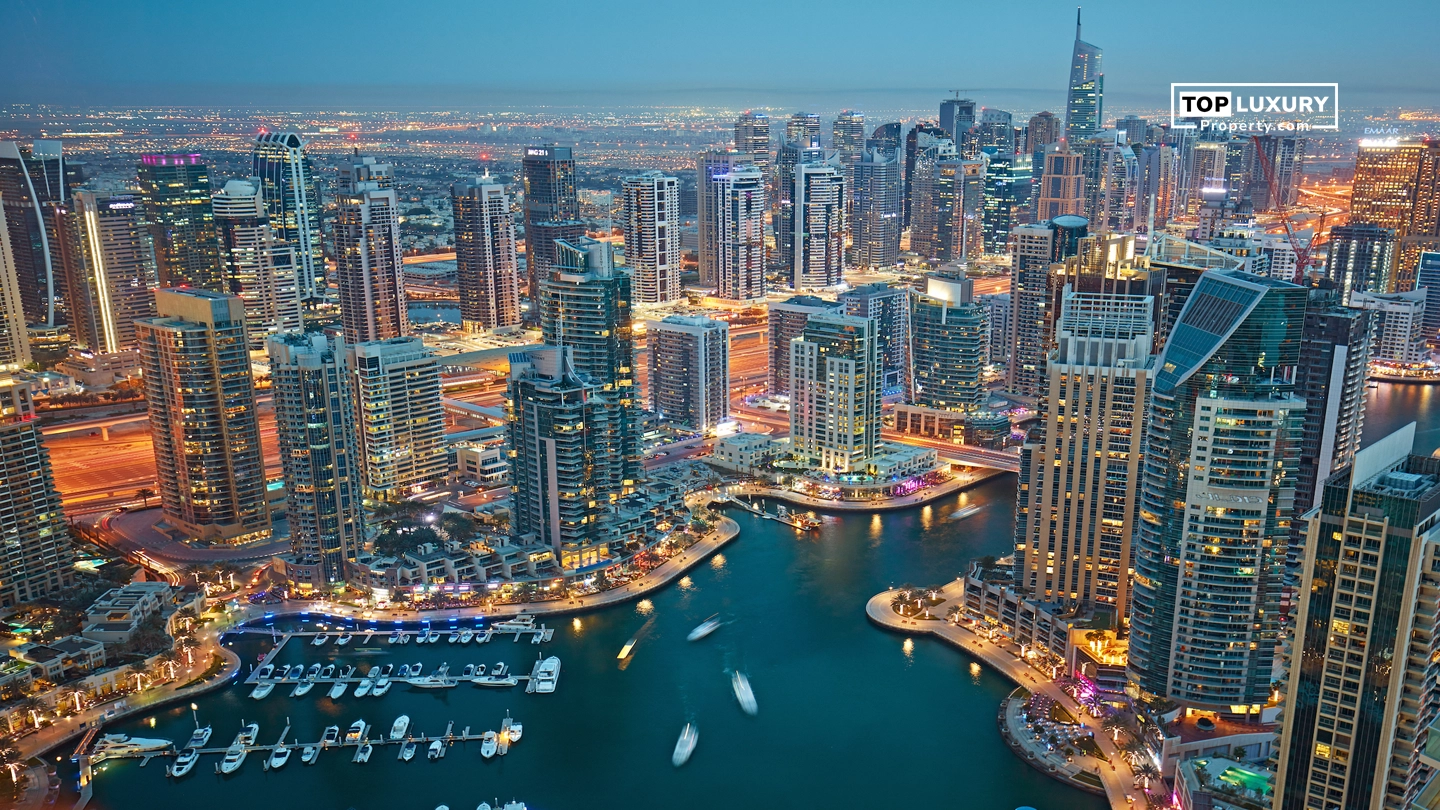The Dubai Land Department (DLD) has made a game-changing announcement that will shake up Dubai’s property scene. Private property owners on Sheikh Zayed Road and in Al Jaddaf can now turn their properties into freehold ownership. This decision applies to people of all nationalities and stands as a key moment in Dubai’s push to boost its real estate sector and cement its spot as a global economic powerhouse.
The Scope of the Initiative
The new rule covers 457 plots that can be changed to freehold:
- Sheikh Zayed Road: 128 plots from the Trade Centre Roundabout to the Water Canal
- Al Jaddaf area: 329 plots
This plan influences the real estate market in these key areas giving property owners new chances to boost their investments.
Freehold vs. Leasehold: What’s the Difference?
To grasp how big this change is, we need to know what sets freehold and leasehold ownership apart:
Freehold Ownership
- Gives full ownership of both the property and the land it sits on
- Lets owners sell, rent, or live in the property as they choose
- worth more and appeals more to investors
Leasehold Ownership
- Grants property rights for a set period (up to 99 years)
- Excludes land ownership
- Might restrict property use needing the freehold owner’s okay
Changing from leasehold to freehold will boost property values and draw more investment to these popular areas.
How to Convert
Homeowners who want to change their ownership status can take these steps:
- Verification: Use the “Dubai REST” app to check eligibility for conversion.
- Application: Submit an application to the Dubai Land Department for property evaluation and valuation.
- Fee Assessment: Common area fees and service charges will be determined according to Real Estate Regulatory Authority guidelines.
- Conversion Fee: Pay a conversion fee of 30% of the property’s valuation (based on Gross Floor Area).
- Title Deed Issuance: Upon payment processing, receive a new map and freehold ownership title deed.
This simple process helps property owners switch to freehold status opening up new chances for their real estate holdings.
How This Changes Dubai’s Real Estate Scene
Eng. Marwan Ahmed bin Ghalita, Director General of DLD, said that this initiative strongly influences Dubai’s real estate sector growth. This action fits with Dubai’s Real Estate Strategy 2033, which aims to make the emirate a top global spot for real estate investment.
Main advantages of this policy shift include:
- Higher Market Value: Properties converted to freehold are likely to see an increase in market value, benefiting owners who choose to convert.
- More Appeal to Investors: Freehold properties attract both local and international investors more leading to more foreign money coming into these key areas.
- More Freedom for Owners: Owning freehold gives property owners more say over their assets. They can sell or develop without the limits that often come with leasehold properties.
- Boost to the Economy: The process of converting and the market activity that follows are expected to give the local economy a lift creating chances in many related fields.
Broader Context: Dubai’s Real Estate Innovations
This freehold conversion plan is part of a bigger wave of new ideas in Dubai’s property market. Recently, the emirate introduced a smart rental index, which includes:
- Average rent calculations for buildings and areas
- A star rating system for properties
- Comprehensive building data (maintenance quality, parking management, etc.)
These steps work together to make Dubai’s property market clearer more effective, and more appealing.
What This Means for Property Owners and Investors
If you own property in these areas, this new rule gives you a chance to:
- Enhance property value
- Gain greater control over their real estate assets
- Potentially attract higher rental income or sales prices
For investors, the conversion to freehold ownership in these prime locations offers:
- A chance to enter or expand in Dubai’s lucrative real estate market
- Long-term investment security
- Potential for significant capital appreciation
Things to Think About and Possible Snags
This freehold switch plan brings a bunch of good stuff, but property owners should think about a few things before they jump in:
- Conversion Costs: The 30% conversion fee based on property valuation has a big impact on finances. Owners need to weigh the long-term gains against this upfront expense.
- Market Dynamics: Freehold properties often sell for more, but markets can change. Owners should look at current and expected market patterns.
- Legal Implications: Switching from leasehold to freehold might affect your legal and tax situation. It’s a good idea to talk to lawyers and money experts.
- Community Impact: If many properties convert, it could change the feel and mix of people in these areas. Some property owners might want to think about this.
Future Outlook
The freehold conversion plan for Sheikh Zayed Road and Al Jaddaf will start a trend for similar rules in other parts of Dubai. As the city keeps changing its property scene, we might see:
- Extension of freehold conversion options to other strategic areas
- Further refinement of property valuation and rating systems
- Increased focus on sustainable and smart property development
These changes will keep shaping Dubai’s place as a world property giant, drawing in investors and people from all over the globe.
Conclusion
Dubai’s choice to let freehold conversion in key spots along Sheikh Zayed Road and Al Jaddaf marks a big step in the emirate’s property market growth. This change boosts the value for current property owners and shows Dubai’s dedication to building a lively, investor-friendly real estate scene.
As the city works toward its Real Estate Strategy 2033 aims, moves like this freehold conversion rule show how Dubai can adjust to global property trends and what investors want. For property owners, investors, and real estate experts, this opens up a great chance to shape Dubai’s changing skyline and help it become the world’s top real estate spot.
The next few months and years will show how much this policy changes things. It might change who owns property and what these top Dubai areas look like and how much money they make. Dubai’s real estate world keeps coming up with new ideas and getting bigger. Everyone’s watching to see how this plan to let people own property works out. They want to know what it means for buying property in the future in one of the world’s busiest cities.






